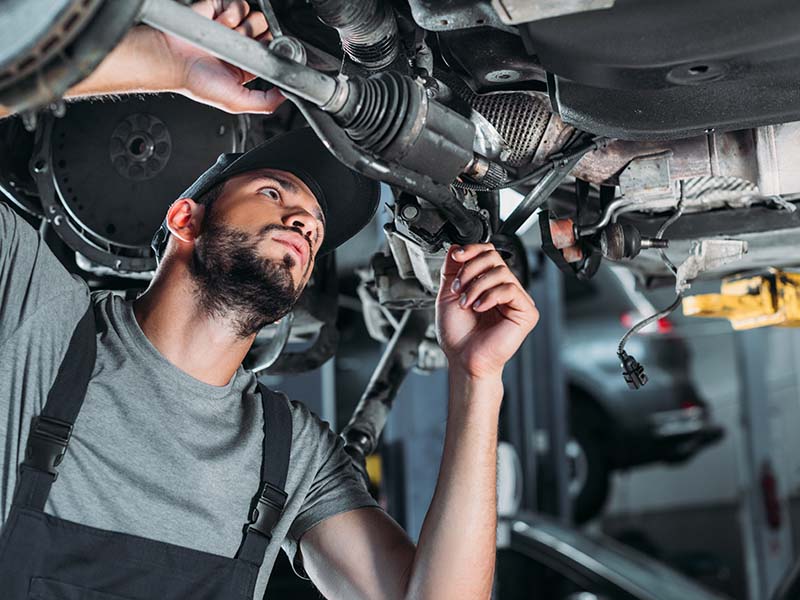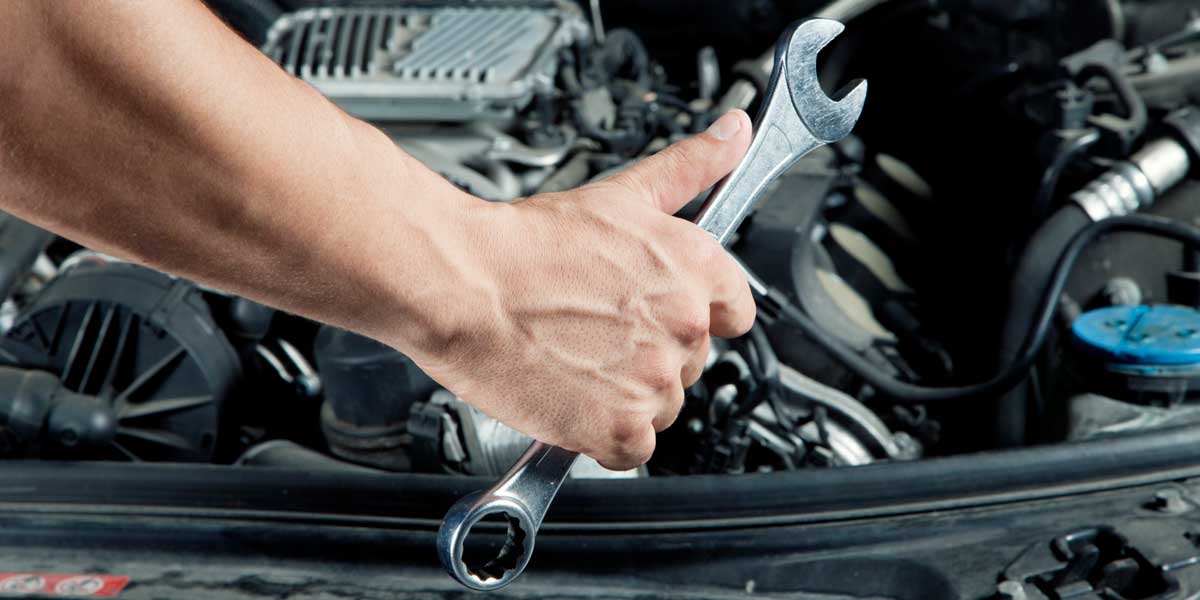Featured
Normal tire rotations are an essential yet usually overlooked facet of automobile upkeep. This easy procedure, which entails altering the placement of your tires, aids maintain also put on across all 4 tires, ultimately boosting your vehicle's performance and durability. Allow's explore the value of tire rotations and the concrete benefits they supply.
What Is a Tire Rotation?
![]()
Tire turning entails moving the tires to various positions on your automobile. For instance, the front tires might be exchanged with the rear ones, or they may be gone across from one side of the lorry to the various other. The turning pattern depends upon aspects like your lorry's drivetrain (front-wheel drive, rear-wheel drive, or all-wheel drive) and the kind of tires you utilize.
Why Are Regular Tire Turnings Crucial?
Tire turnings ensure that all tires wear down equally. Because various tires experience varying levels of anxiety based on their setting, uneven tire wear takes place normally. As an example:
Front tires on front-wheel-drive lorries handle more tasks like guiding, stopping, and acceleration, creating them to put on faster.
Back tires on rear-wheel-drive lorries bear comparable worries, resulting in irregular wear patterns if left unchecked.
![]()
Without routine rotations, some tires might put on out prematurely, requiring replacement quicker than anticipated.
Advantages of Regular Tire Rotations
Boosted Efficiency and Handling. Even tire wear assists keep balanced grip throughout all four tires. This balance is important for optimal car handling, especially in challenging driving conditions such as rainfall or snow.
Extended Tire Life-span. Normal rotations disperse put on more evenly, lowering the need for regular substitutes and saving you cash over time.
![]()
Enhanced Gas Effectiveness. Unevenly worn tires can enhance rolling resistance, forcing your engine to function more challenging and consume even more gas. Correctly revolved tires ensure smoother adventures and better fuel economy.
Safety. Used tires compromise grip and braking performance, increasing the risk of crashes. Turning your tires frequently preserves regular step deepness and makes sure a safer driving experience.
How Usually Should You Turn Your Tires?
The majority of experts suggest turning your tires every 5,000 to 7,500 miles, yet this can vary based on your lorry's supplier guidelines. It's an excellent practice to incorporate tire rotations with routine solutions like oil adjustments for comfort.
Indicators You Required a Tire Turning
Unequal step wear on your tires.
Noticeable resonance while driving.
Problem dealing with the automobile on damp or slippery roads.
Last Thoughts
Routine tire turnings are a basic yet impactful maintenance job that enhances automobile efficiency, boosts safety and security, and saves you cash. By committing to this method, you'll delight in a smoother driving experience and a much longer life-span for your tires. Consult your automobile's guidebook or a trusted auto mechanic to ensure you're following the best rotation timetable and pattern for your auto.
What Is a Tire Rotation?

Tire turning entails moving the tires to various positions on your automobile. For instance, the front tires might be exchanged with the rear ones, or they may be gone across from one side of the lorry to the various other. The turning pattern depends upon aspects like your lorry's drivetrain (front-wheel drive, rear-wheel drive, or all-wheel drive) and the kind of tires you utilize.
Why Are Regular Tire Turnings Crucial?
Tire turnings ensure that all tires wear down equally. Because various tires experience varying levels of anxiety based on their setting, uneven tire wear takes place normally. As an example:
Front tires on front-wheel-drive lorries handle more tasks like guiding, stopping, and acceleration, creating them to put on faster.
Back tires on rear-wheel-drive lorries bear comparable worries, resulting in irregular wear patterns if left unchecked.

Without routine rotations, some tires might put on out prematurely, requiring replacement quicker than anticipated.
Advantages of Regular Tire Rotations
Boosted Efficiency and Handling. Even tire wear assists keep balanced grip throughout all four tires. This balance is important for optimal car handling, especially in challenging driving conditions such as rainfall or snow.
Extended Tire Life-span. Normal rotations disperse put on more evenly, lowering the need for regular substitutes and saving you cash over time.

Enhanced Gas Effectiveness. Unevenly worn tires can enhance rolling resistance, forcing your engine to function more challenging and consume even more gas. Correctly revolved tires ensure smoother adventures and better fuel economy.
Safety. Used tires compromise grip and braking performance, increasing the risk of crashes. Turning your tires frequently preserves regular step deepness and makes sure a safer driving experience.
How Usually Should You Turn Your Tires?
The majority of experts suggest turning your tires every 5,000 to 7,500 miles, yet this can vary based on your lorry's supplier guidelines. It's an excellent practice to incorporate tire rotations with routine solutions like oil adjustments for comfort.
Indicators You Required a Tire Turning
Unequal step wear on your tires.
Noticeable resonance while driving.
Problem dealing with the automobile on damp or slippery roads.
Last Thoughts
Routine tire turnings are a basic yet impactful maintenance job that enhances automobile efficiency, boosts safety and security, and saves you cash. By committing to this method, you'll delight in a smoother driving experience and a much longer life-span for your tires. Consult your automobile's guidebook or a trusted auto mechanic to ensure you're following the best rotation timetable and pattern for your auto.
Latest Posts
Discover Montclare Auto Repair’s Premier Services and Why Drivers Rely On Them
Published May 26, 25
1 min read
Find Cost-Effective Auto Repairs with Montclare’s Exclusive Service Specials
Published May 23, 25
1 min read
Design Your Dream Wedding at Deauville Inn: Unforgettable Waterfront Venues
Published May 23, 25
2 min read
More
Latest Posts
Discover Montclare Auto Repair’s Premier Services and Why Drivers Rely On Them
Published May 26, 25
1 min read
Find Cost-Effective Auto Repairs with Montclare’s Exclusive Service Specials
Published May 23, 25
1 min read
Design Your Dream Wedding at Deauville Inn: Unforgettable Waterfront Venues
Published May 23, 25
2 min read